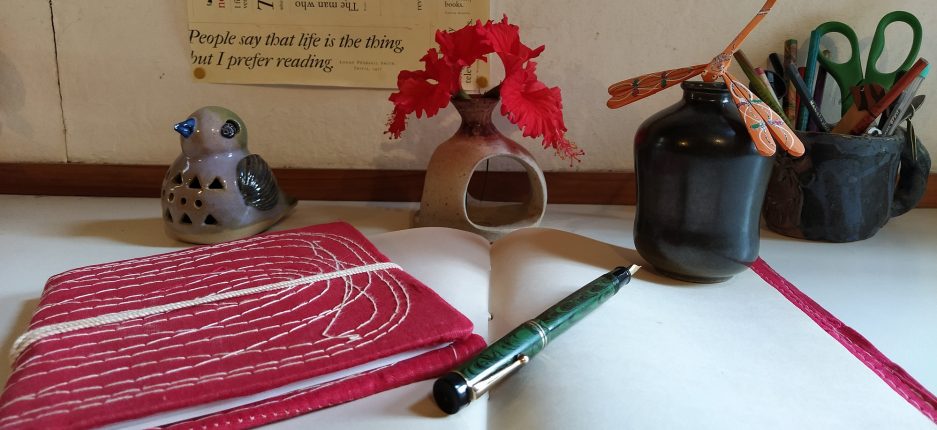Ashoka Fellow Indu Capoor is Founder-Director of Centre for Health, Education, Training and Nutrition Awareness (CHETNA), based in Ahmedabad, India, an organization she started when she was just 23 years old. This was in the early 1980s when the young nutritionist had a vision of an India where the health and nutrition of marginalised women and children mattered. So when she was asked by a multilateral funding agency to write a proposal, she wrote a note going well beyond a project. She proposed an institution that would work as a bridge between policy and practice. And CHETNA, or Centre for Health, Education, Training and Nutrition Awareness, was born. Chetna means awareness in Hindi.

Indu is an old friend and a senior colleague. Yesterday, I met up with her for an hour and we chatted about many things, including the subject closest to her heart—woman and child health. Here is the interview.
Me: Indu, you have been in this field for over 3 decades. What still remains the major challenge to women and child health.
Indu: Women’s self-esteem, self-confidence and agency. Somehow you can link everything back to these. Poverty is of course a major issue, but social practices and beliefs are as significant.
For instance, take anaemia. About 50% women in India are anaemic and this is the major cause of underweight children being born, and other childhood problems. There is a lot of focus on child health, but I think we have to focus on the root cause—the health of the mother. If we fix that effectively, the problem is solved. But it is still true that women do not get enough food, or enough nutrition. Their food is not a priority. A young girl, at her in-laws place, has no say on what she eats. During pregnancy, it is important that a woman eats to her liking. But is that really possible? And the women themselves believe that they are the last priority.
I can never get over the fact that at my wedding, one of the vows I was supposed to take was that I would first ensure that my husband, children and guests were fed before I ate! I obviously refused to take the vow. But this is how deeply it is ingrained. We have to socialize boys and girls to understand that nutrition of young girls is extremely important.
Me: Have you seen any positive changes?
Indu: Yes, I do see changes in women’s confidence, mobility, decision making space etc. in urban areas, and the borderline poor. But not in the really poor.
In fact, ‘livelihood development’ and outside work sometimes adversely affect these women because their work burden increases hugely. No one else in the house shares domestic work, and in addition, she has to go out and work. This has implications for her health and well-being.
Me: This is worrying. Any other such concern areas?
Indu: Yes. Spiralling food prices, pollution, market forces, cost of medicines, loss of food diversity, all of these have huge implications for nutrition in general and women’s nutrition and health in particular.
Me: What is one critical action which can help in this situation?
Indu: I think we must consider each and every policy from a gender angle. We must ask: ‘how will this affect the health and well-being of women, especially marginalized and poor women’? And only then can we finalize the policy.
–Meena
For more: Read ‘A Shared Destiny: My Journey with CHETNA’ published by Academic Foundation is about Indu’s journey in of 3+ decades in the field of woman and child health.

Birljant !!!!!
Raghu Sent from my iPhone
LikeLiked by 1 person